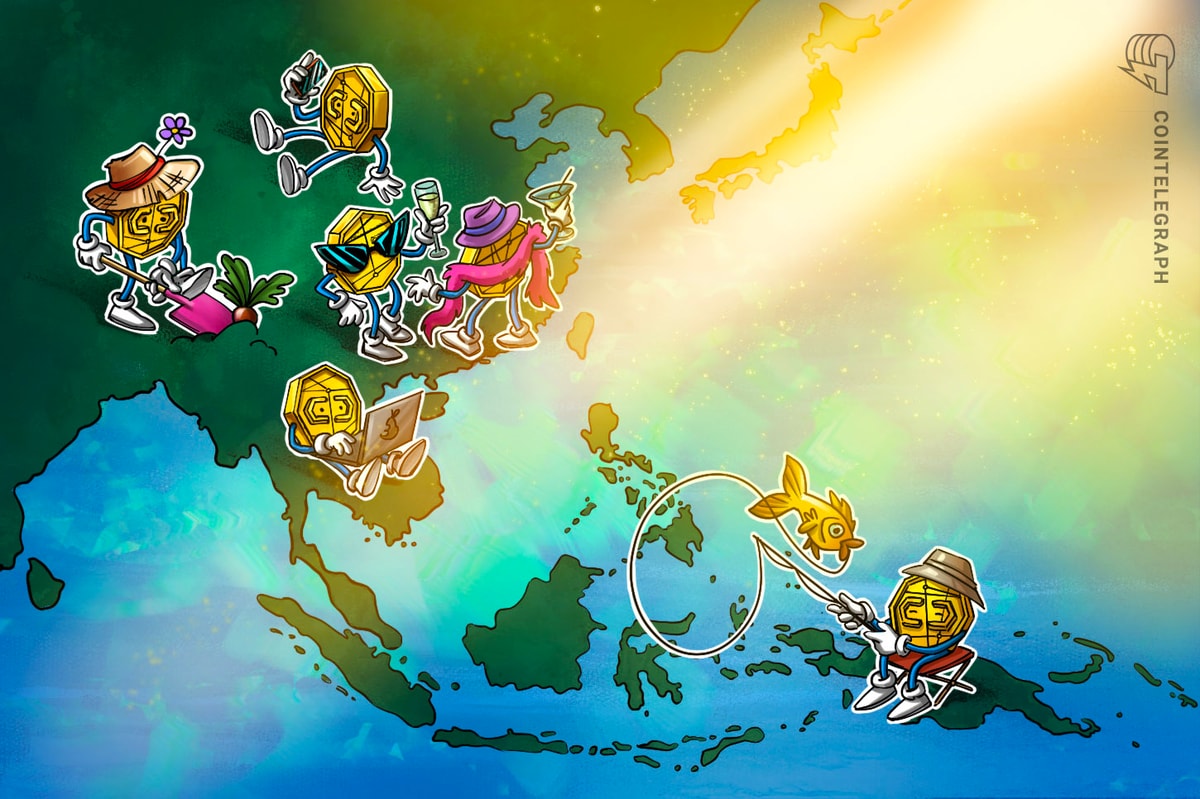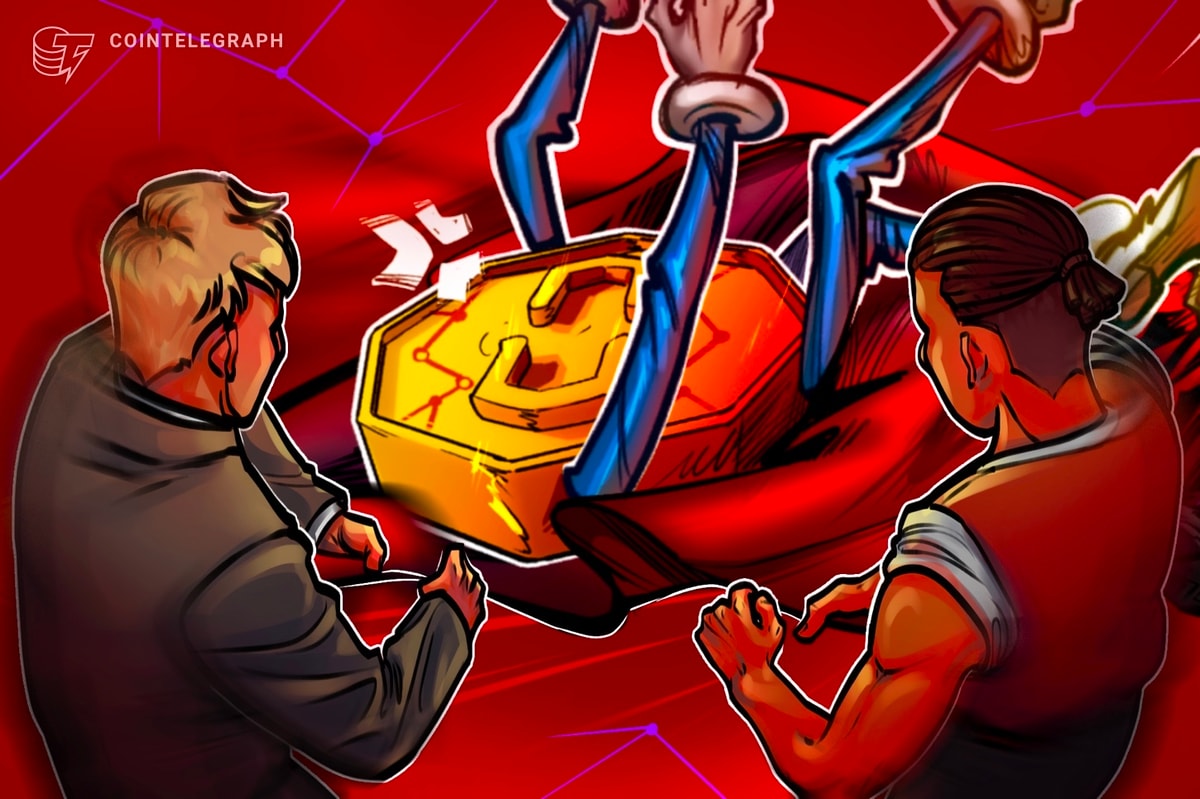While Web3 gaming faces challenges, the space continues to offer opportunities to enter and innovate within a well-established market.
During Binance Blockchain Week at Dubai’s Coca-Cola arena, Cointelegraph spoke with Pixels CEO Luke Barwikowski and Farcana Founder and CEO Ilman Shazhaev about the state of Web3 gaming and the opportunities in Web3 for gaming firms despite the challenges within the space.
Binance Blockchain Week main stage. Source: Cointelegraph
Web3 gaming “more immature” than people realize
In an interview, Barwikowski told Cointelegraph that while Web3 gaming projects have already achieved many milestones, the space is still immature, and there are still many things to figure out. Barwikowski said:
“Web3 gaming is a lot more immature than people realize. Still, there’s a lot to figure out, and there’s still a long way to go.”
Barwikowski said that issues like real-user identification, bot prevention and user quality are some of the biggest issues that blockchain gaming faces. The gaming executive believes that Web3 gaming projects need to address these issues.
Cointelegrah’s Ezra Reguerra (right) with Pixels CEO Luke Barwikowski. Source: Elijah Comising
“You actually can’t be a Web3 game without tackling this problem, and this is the basically core problem set that Pixels is challenging and trying to build out solutions for right now,” he added.
Barwikowski shared that Pixels has introduced systems like reputation, giving users “scores” based on their in-game actions. The company uses onchain data to track their activity and determine whether they exhibit bot behaviors.
Related: Lamborghini brings cars to Web3 games with Animoca, Motorverse partnership
Opportunities in Web3 for gaming projects
Despite the problems and challenges that may still be present in the space, Farcana Founder and CEO Ilman Shazhaev believes there are still many benefits for gaming projects to get into Web3.
Cointelegrah’s Ezra Reguerra (right) with Farcana Founder and CEO Ilman Shazhaev. Source: Elijah Comising
Shazhaev told Cointelegraph that Web3 technology continues to provide opportunities for gaming companies. He believes that building products in a traditional gaming setting is “super tough” as they have to build a team, raise funds and market the products. He explained:
“In one thousand companies, maybe up to ten can have success. All games are dying because it’s very hard to thrive and develop in this industry. Because there’s huge competition, a huge and established market.”
However, he believes that in Web3, projects can “do it very fast.” Shazhaev said fundraising, business development, and marketing can be done quickly on Web3.
The executive said that in the case of Farcana, a Web3 shooter game, they could achieve in two years what usually takes four or five years to develop. Shazhaev described this as “fast-paced development,” which he believes is more efficient than other companies.
Magazine: Pixels hosts ‘first-ever’ Web3 wedding and Immortal Rising 2 gets 400K registrations: Web3 Gamer











